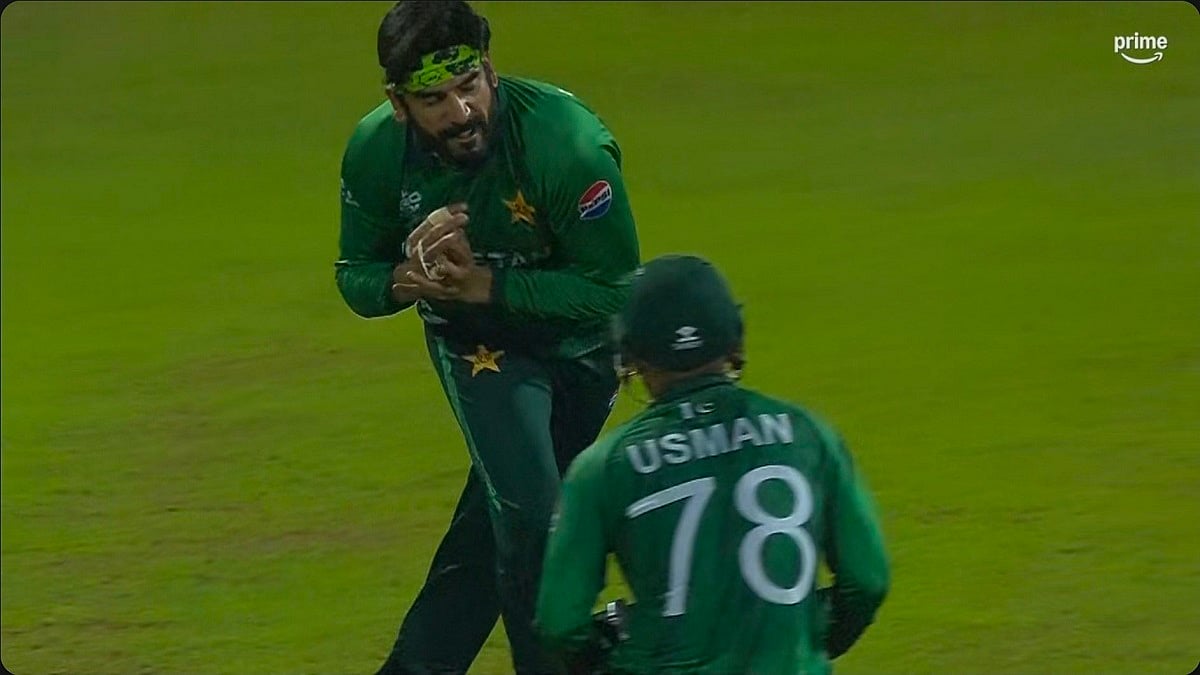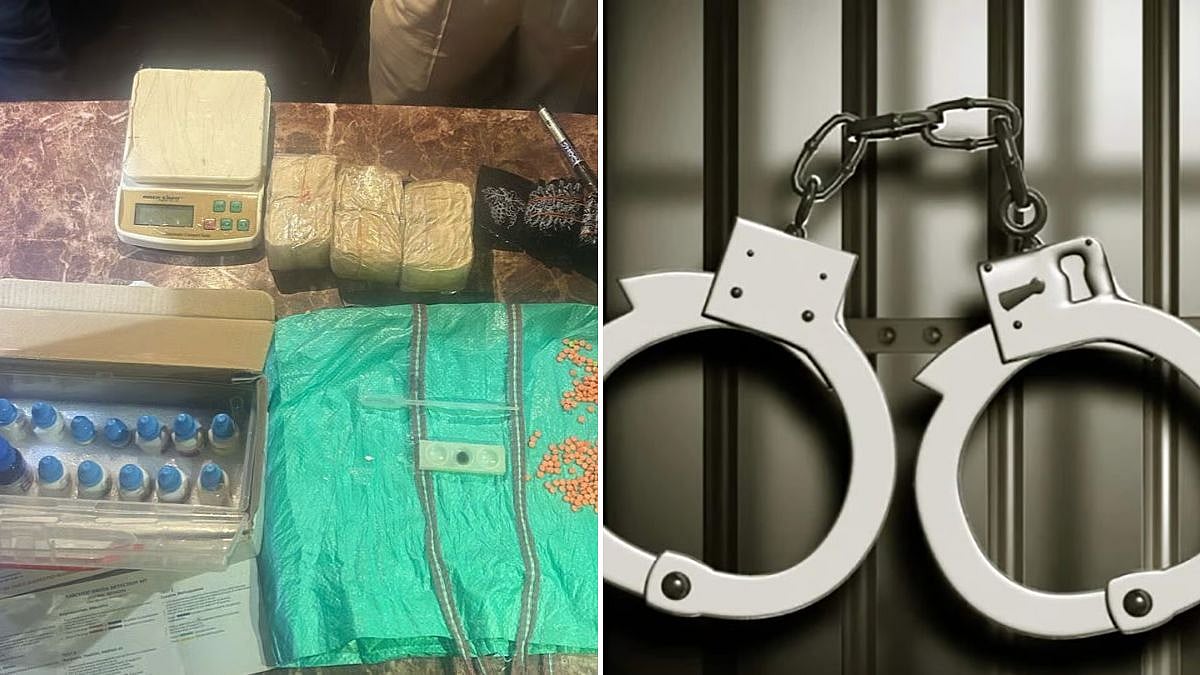There is no disputing the fact that Prime Minister Narendra Modi’s address to the nation after the revocation of Article 370 and Article 35A which bestowed special status on Jammu and Kashmir was positive and sober in tone, aimed at allaying apprehensions among the people of the State, and constructive. That it was forward-looking in content is undeniable. Yet, the undercurrent was not one of weakness but of strength. Contrary to the hitherto general impression that the Modi government was confused and muddled over Kashmir, the feeling that went forth was that it was working to a well-thought-out plan and had a clear idea of what it wants.
To those who believed that restoration of popular rule was a distant dream, the Prime Minister assured the people that elections to the Assembly would be held soon. That would ofcourse depend on how the law and order situation develops but the resolve is manifest. Modi made it clear that the new arrangement of Jammu and Kashmir being a Union Territory would be required for some time “but not indefinitely”. This means that Kashmir’s statehood would be restored while Ladakh would continue to be a Union Territory as it has long been seeking.
Much as Pakistan would like to internationalise the Kashmir issue, the response to its protestations has been tepid. The United Nations has asked India and Pakistan not to escalate and to work to restore calm under the framework of the Simla agreement. Islamabad’s outreach to its all-weather friend China has also failed in influencing Beijing to support the Pakistani position. The US too has called for restraint. It would be foolhardy to think, however, that it is all hunky dory. There would be huge challenges ahead, not the least of which would be to win the hearts of the alienated masses and to kick-start the ailing economy to which Sections 370 and 35A had contributed by insulating the State from drawing benefits from nationwide policies and
programmes. Modi made it clear that by restricting investment by those from other states the said sections had hampered development. Now, there is hope that new investment would flow in and employment would be generated. An investor’s summit is also on the anvil though the international climate for new investment is far from reassuring. However, care would be needed to ensure that the identity of the locals is not lost and that locals get a lion’s share of the jobs. Modi was emphatic that Article 370 had brought no benefit to the State but had only fomented separatism, terrorism dynasty and corruption.
Significantly, as is prudent to win hearts, Modi held out some assurances on a better deal by joining the country’s mainstream. These included salaries and allowances in government jobs in line with those received in other states, the filling up of all vacancies and encouragement for the private sector to grow. More recruitment in the army and in para-military forces was also promised. But considering that the country is passing through an economic slowdown, the people would need to rein in their expectations. It would also be wise to
keep a close watch on Pakistan’s attempts at inciting the populace, of increasing infiltration and seeking to destabilise the State by all manner of means. The armed forces would have to be on constant guard lest the enemy pulls out some desperate move to sell the thought to people in Pakistan that revenge has been taken. By training and arming terrorists in its territory, the Pakistanis have for long forfeited the right to complain about India’s response by revoking the State’s special status and bifurcating the State with the creation of two Union territories.
It is yet too early to surmise that the Kashmir valley is free of trouble. Friday’s partial lifting of curfew has been essentially peaceful but it would be inadvisable to get complacent about it. Modi, in his address to the nation said his government would free Kashmir of terror. The best bet would be if the locals start feeling that the State is on to the path of development and that the employment scene has opened up. A befitting answer to those who are out to foment trouble would be vital.
- S Sadanand




